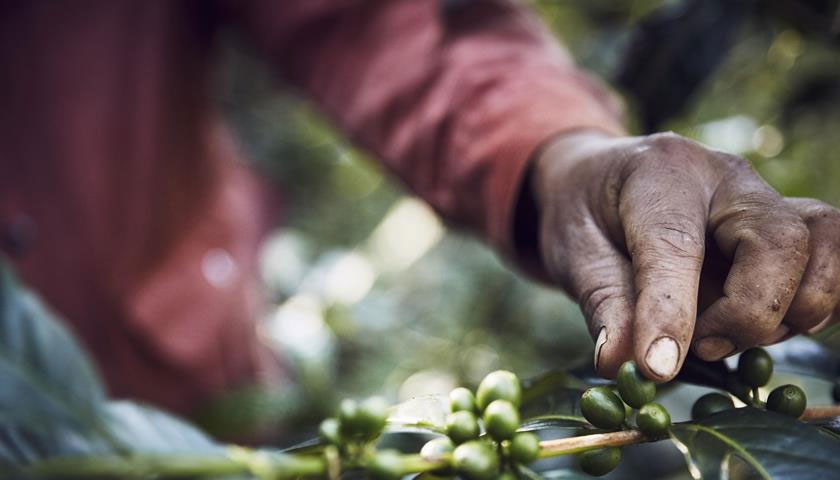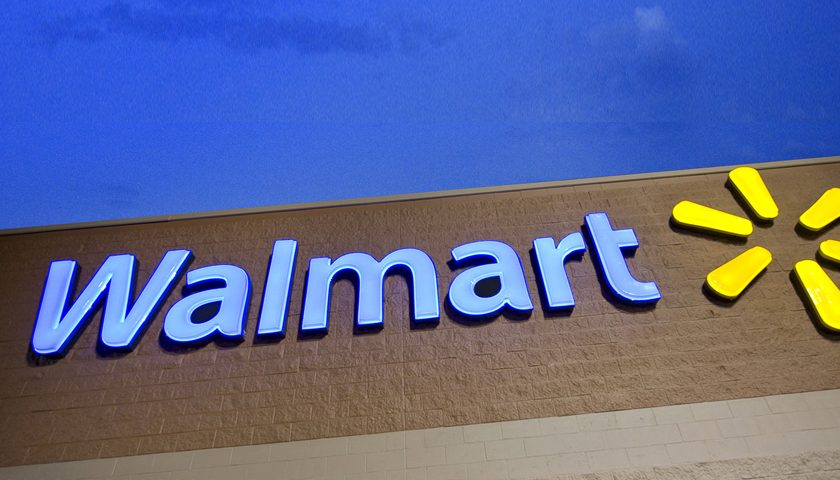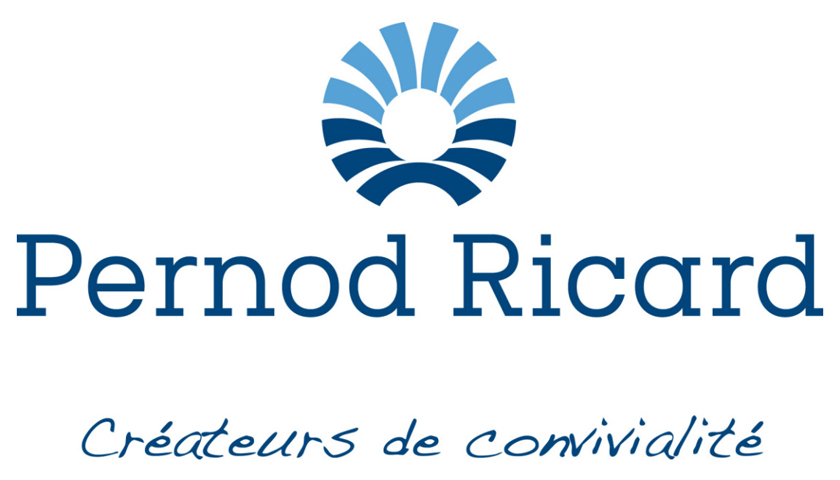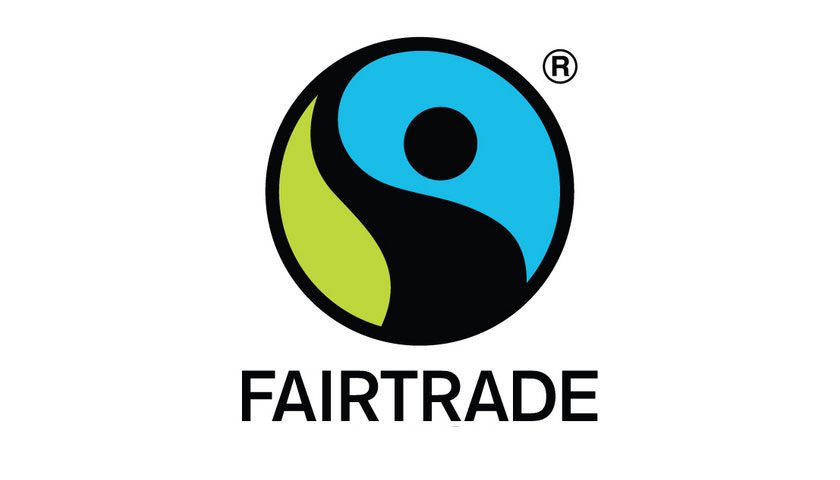Pernod Ricard’s Kahlúa today reveals a new sustainable development programme designed to have a meaningful environmental and socio-economic impact on the lives of Mexican coffee farmers and their families. Shining a spotlight on how it sources its coffee, Kahlúa has also outlined its ultimate goal – to source 100% of its coffee from sustainable communities by 2022.
During the last 35 years, coffee consumption has as much as doubled across the whole globe. In fact, 41% of people in the US drink coffee daily – with a 9% increase from 1999 to 2017*, and in China consumption is expected to grow to $45bn by 2020, up from $10.5bn in 2015**. As a result, unsustainable decisions have been made to meet the constant increasing demand and to maximise profits within the coffee industry.
Billy King, Director Sustainable Development, Kahlúa comments ‘We recognise that the way we consume, do business and ultimately live has to change. At Kahlúa, we believe that the quality and character of our product comes from the land where the ingredients are grown, so we are committed to nurturing that terroir and its biodiversity. With this programme, we have the opportunity to engage with communities we rely on for our ingredients and work together to ensure a strong and more sustainable future for us all.’
‘That’s why we have chosen to build this programme from scratch, in collaboration with the local NGO Fondo Para La Paz and the indigenous coffee communities in Veracruz. We are all part of the same journey, with a shared vision and a shared responsibility. Together we hope to have a positive impact on our business, the lives of the people in Veracruz and in our own unique Kahlua way, the world we all live in.’
As one of the most tradable commodities in the world, coffee has proven itself to be an extremely profitable industry. Yet, with the booming global coffee trend and its increased demand worldwide comes an obligation to protect the people and the fragile eco-systems Kahlúa so heavily rely upon. For example, rising temperatures, drought and flooding could shrink 88% of the world’s coffee growing areas by 2050***. Other concerns around the coffee industry include the clearance of the rainforest to make way for coffee farming, the usage of pesticides, and the extreme poverty for the farmers, who sometimes receive as little as 10% of the prices seen in retail.
Malin Stålnacke, Global Sustainability Manager, Kahlúa, adds: ‘The figures are startling and as the world’s leading coffee liqueur brand, we have a responsibility to make sure we work towards minimising and proactively prevent the negative impact that the farming, production and sourcing of coffee currently have on our planet. We’ve realised that there’s no simple solution to the problem and this is why we have developed our threefold programme approach, as an answer to how we would like to work on the many different aspects of this challenge moving forward.’
The threefold programme approach
The Kahlúa Sustainable Development programme is divided into three areas, where each area represents one of the main challenges and aspects of the problem. Kahlúa believes that in order to reach the goal of sourcing 100% of its coffee from sustainable communities – one has to look at the problem in a threefold manner.
1. Environment
To begin to address the many
issues currently faced by coffee farmers, Kahlúa has identified the need
to provide education and training in sustainable agriculture
techniques, practices and methods using local agroecological experts.
The main goal with the training is to achieve better forest management,
improve soil fertility and restore and protect the biodiversity required
for healthy crops to thrive.
Malin Stålnacke, Global Marketing Manager, Kahlúa, comments: ‘Knowledge is power and we need to make sure that the coffee farmers growing our coffee receives proper training and education in order to make more sustainable decisions along the journey.’
2. Social
Social cohesion, gender equality and
education level within the coffee growing communities is another key
focus for the programme.
Kahlúa applies what’s called a ‘participatory planning process’ according to the Fondo para la Paz method for sustainable development, an empowerment process that allows people to freely choose their collective goals and how to reach them. All community members are invited to learn more about different tools for problem solving, solution orientation and collaboration within the communities.
Another key focus under the social pillar is attending to basic needs within the communities, such as access to clean water and sanitation. Including concrete actions such as building water tanks to collect and store clean rainwater near their houses and installing dry toilets to improve health and sanitation.
3. Economic
In order to help coffee farmers
create a viable business model, Kahlúa provides tools and methods needed
to increase efficiency, sustainability and yields. In addition to this
Kahlúa also commits to pay all farmers a premium price for the coffee
they produce. By training the farmers in coffee management, crop
diversification and soil preservation as well as more concrete actions
like building a network of coffee nurseries to replace aged and diseased
plants, the goal is to ensure a long-term increase in yields without
harming the environment.
When the program is finished the communities involved will harvest and sell enough coffee to cover for all Kahlúa production and have the tools and knowledge they need to ensure a sustainable future for themselves, their environment and their way of life.
Expanding the programme’s reach
Since initiating
the programme in 2016, it has grown from including 99 families and one
coffee growing community (Ocotempa), to including a total of 473
families across four communities in total, which all are located in the
Veracruz region in Mexico.
Malin Stålnacke finishes: ‘The main purpose of the programme is to create a better, fairer and more sustainable livelihood through coffee, and doing so by involving the local community. Because in the end of the day we believe the only way to actually change things for the better is to have people to be a part of the journey – believing in it and co-creating it. ’



